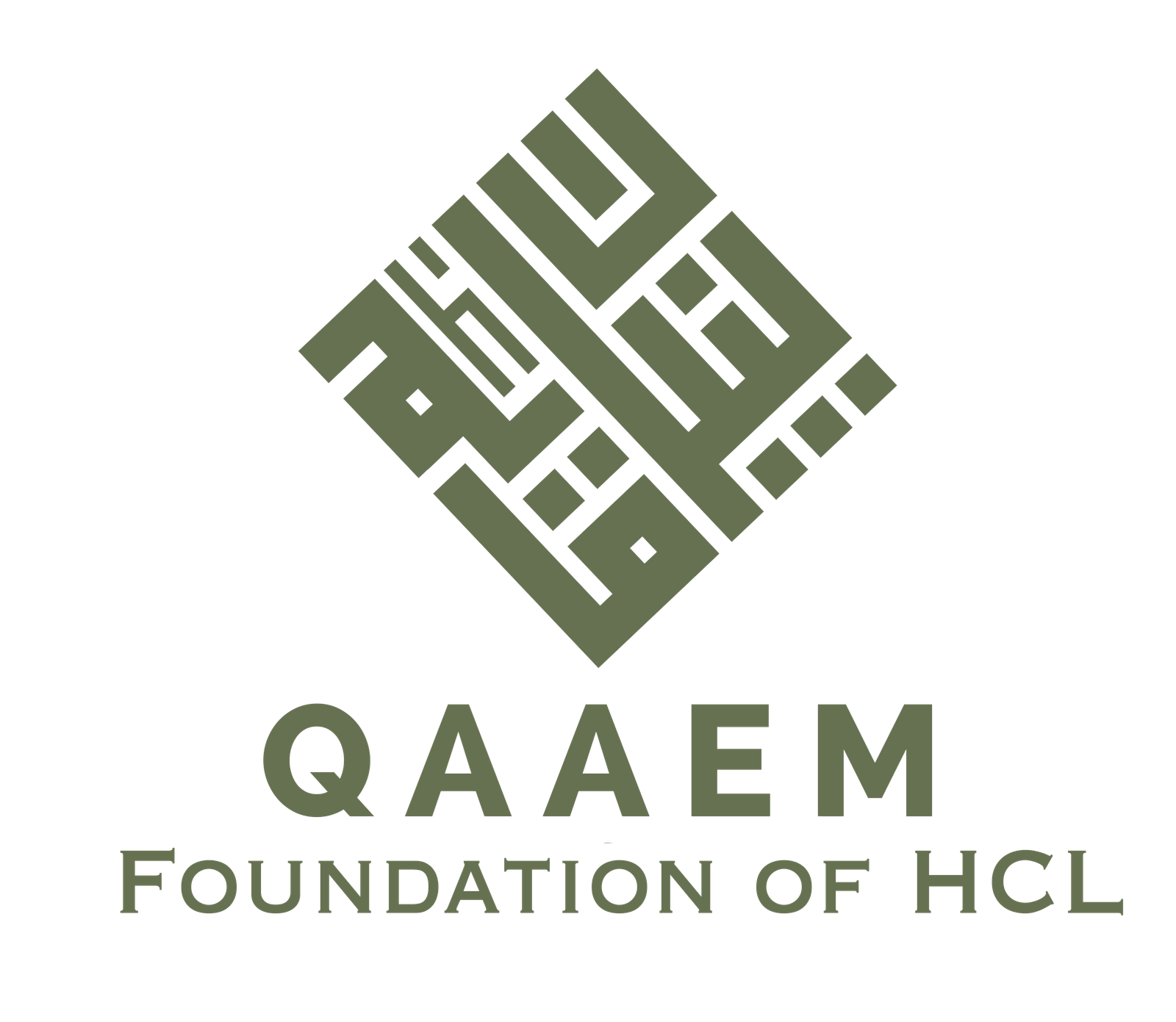To establish and develop a dynamic community centre that fosters cultural, social, and religious events, meeting the evolving needs of our community.
This centre will be a vital gathering place where our traditions are upheld, social bonds are nurtured, and spiritual practices are embraced, providing a space that enriches the lives of all members of the community.


